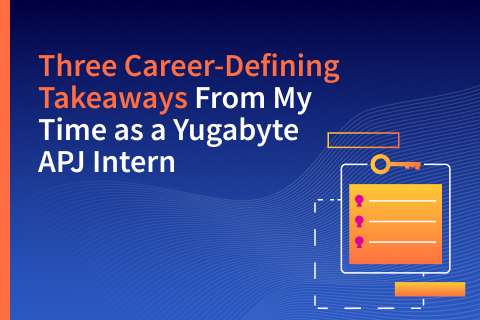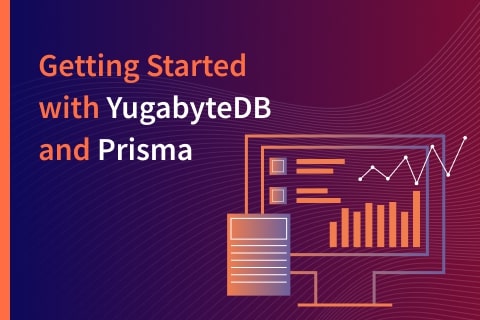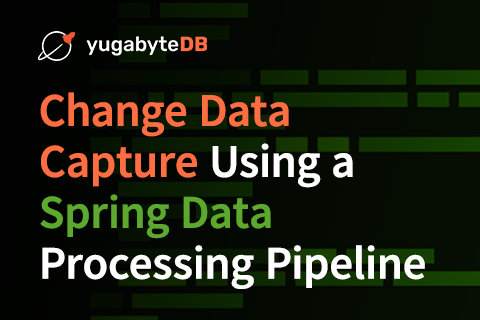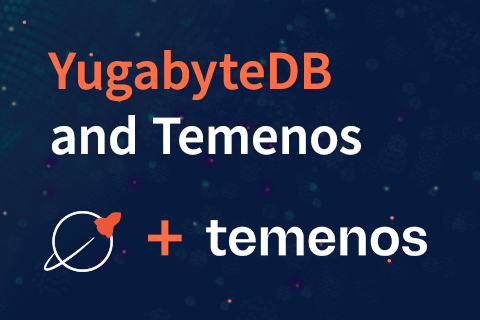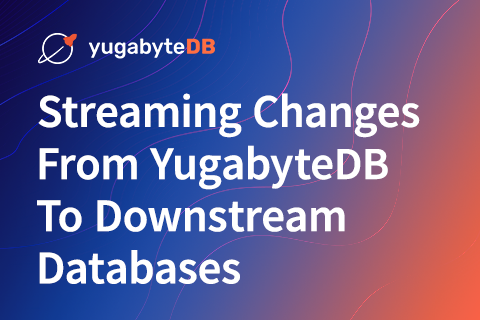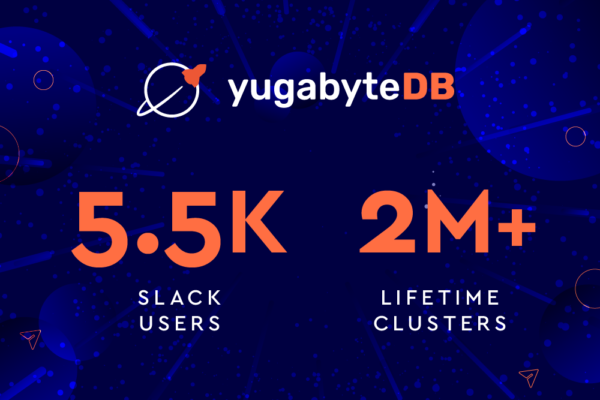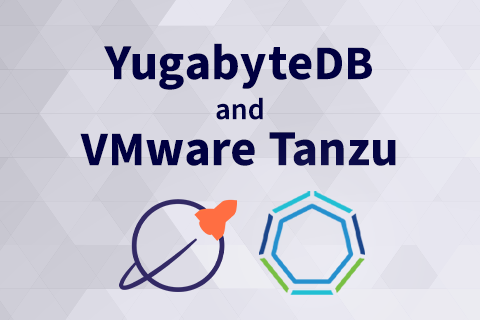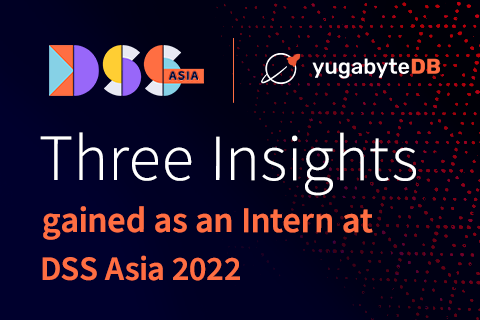Three Career-Defining Takeaways From My Time as a Yugabyte APJ Intern
Hello everyone! It’s Lakshmi, from the sunny (and rainy!) shores of Singapore. I am now wrapping up my Yugabyte internship, and it feels bittersweet to be penning down my thoughts on this document prior to posting it. These four months have been eventful—from the sleepless countdown to DSS Asia 2022 to interacting with a warm team that pools their strengths together.
In this post— the final installment of the series—I want to outline three lessons I have learned from my time as a Yugabyte APJ intern.
…
